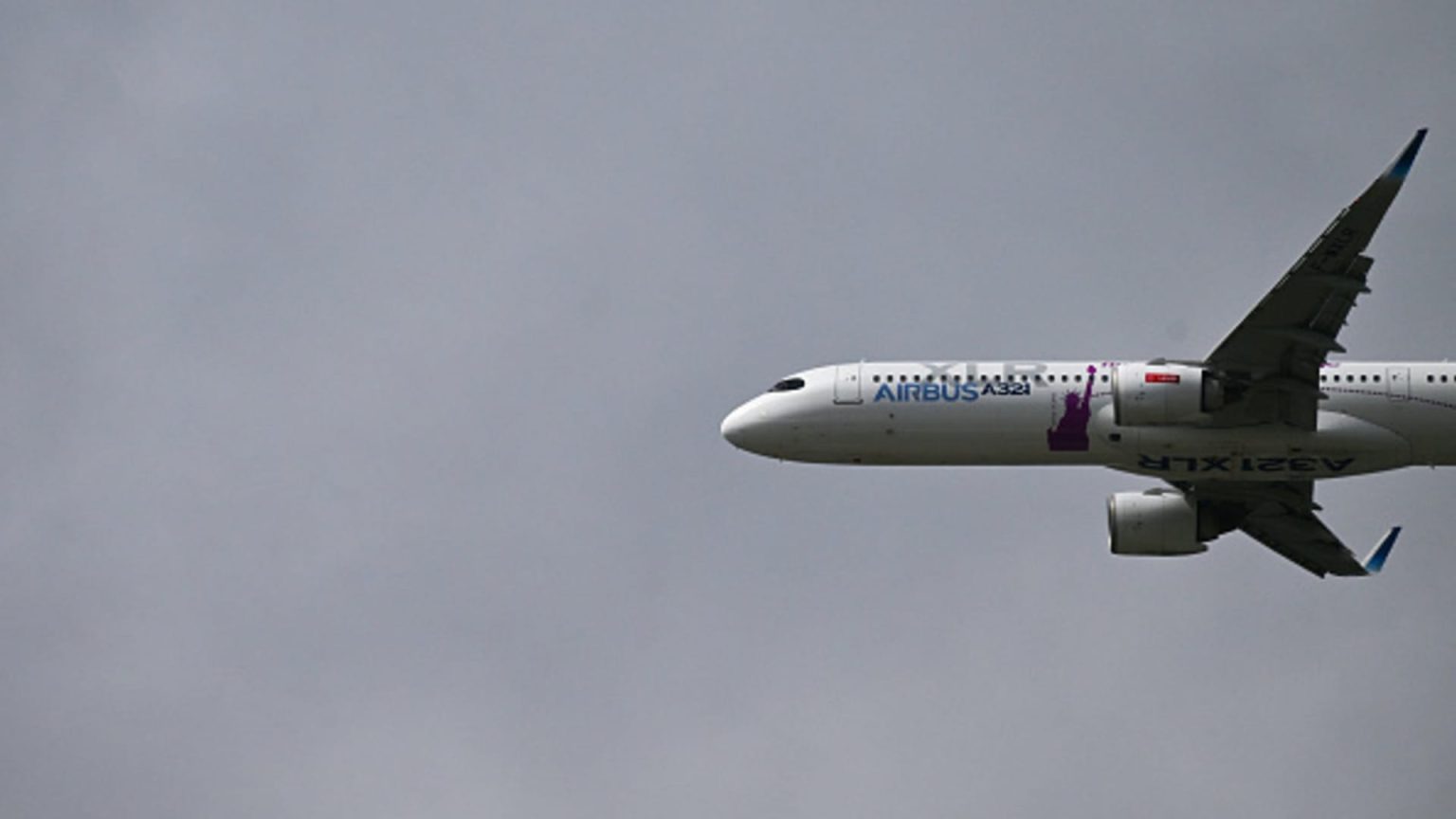The Farnborough Air Show generated deals worth £39.3 billion ($50.8 billion) on its first day, with Airbus showcasing its new single-aisle long-haul jet. Crisis-hit Boeing also received orders at the event, including Korean Air ordering 40 wide-body jetliners and Japan Airlines purchasing 10 of Boeing’s 787-9 Dreamliners. Budget Vietnamese carrier VietJet also placed an order for 20 Airbus A330neo aircraft. Airbus displayed the soon-to-launch A321XLR, the world’s longest-range single-aisle aircraft, which received European certification and is eagerly anticipated by airlines for its capacity to cover long routes with lower fuel costs.
Farnborough Air Show has become a key event for industry deals and showcases, with a focus on new technologies such as electric vertical take-off and landing vehicles (eVTOLs), hydrogen-powered planes, and next-generation projects. Startups were prominent at the event, with Boom Supersonic announcing plans for a return of supersonic air travel. China’s Comac, a potential competitor to Airbus and Boeing, displayed models of its C919 narrow-body, C929 wide-body, and ARJ21 regional jets. Military technology also played a significant role at the event, with aircraft including the U.S. Air Force’s F-15E Strike Eagle and British Army Chinook making appearances.
New U.K. Prime Minister Keir Starmer gave an opening speech at Farnborough, where he highlighted the importance of a joint fighter jet project between the U.K., Japan, and Italy. The incoming Labour government announced a review of the Global Combat Air Programme, leading to speculation about the future of the initiative. Deal-making and discussions are expected to continue throughout the five-day event, with a focus on ongoing supply chain issues and delivery delays that have affected the aviation industry.
In recent years, Farnborough Air Show has emphasized its role as a platform for industry deals and partnership announcements, with a decrease in aircraft displays and interactive exhibits. The event chose to drop the weekend portion open to the general public in 2019. Startups working on cutting-edge technologies were a highlight of the event, with a focus on electric and hydrogen-powered aircraft. China’s Comac showcased its aircraft models and held discussions with potential partners, showcasing its potential as a future competitor in the aviation industry.
Overall, Farnborough Air Show continues to be a significant event for the aviation industry, attracting major players such as Airbus, Boeing, and military technology providers. The event serves as a platform for showcasing new technologies and announcing deals, while also addressing ongoing challenges such as supply chain issues and delivery delays. The presence of startups working on innovative projects indicates a shift towards next-generation technologies in the aviation sector. Deal-making and discussions are set to continue over the remaining days of the event, with a focus on collaboration and partnership opportunities in the fast-evolving aviation industry.


